Dental
Home / Dental
Dental Clinic in Newtown, Kolkata
Meet Our Doctors

Dr. Kumari Sakchi
Dental surgeon
Reg no. 9274- A
BDS (Hons.)

Dr. Jayanta Saha
Consultant Maxillofacial Surgeon and Dental Implant Specialist
Associate Professor BDCH (Experience in the field More than 12 years)
BDS
MDS
BDCH

Dr. Amit Ray
Consultant Oral & Maxillofacial Surgeon
Professor & Head Dept of Oral & Maxillofacial Surgery Guru Nanak Institute of Dental Science & Research
BDS (Hons)
MDS
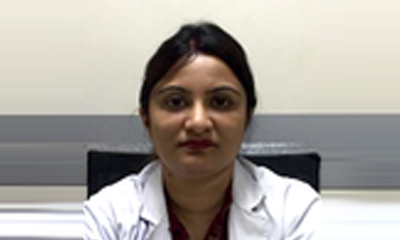
Dr. Sanjukta Bhattacharjee
Consultant Dental Surgeon
Monday to Saturday: 1.00 pm – 4.00 pm
BDS
FAGE
ENDO
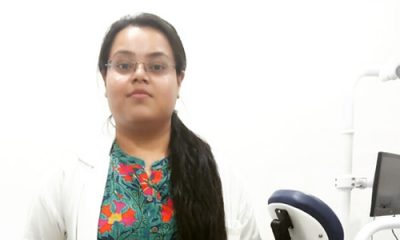
Dr. Ritushree Nag
Consultant Dental Surgeon
Monday to Saturday: 10.00 am -8.00 pm
Sunday: 8.30 am – 5.00 pm
BDS
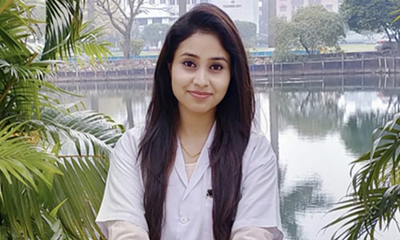
Dentist
BDS (W.B.U.H.S)

Sandeep Kumar Mitra
Dentist, Orthodontist
BDS
MDS – Orthodontics (Orthodontics)
What is Dentistry?
Dentistry, also called dental medicine or oral medicine, involves studying, diagnosing, preventing, and treating problems related to the mouth, especially focusing on teeth and the lining of the mouth.
What Does a Dental Doctor Do?
A dentist has many important responsibilities, with one of the key roles being to promote good dental hygiene. The specialists also diagnose and treat issues related to gums, teeth, and the mouth. They use advanced technology and tools like X-ray machines, lasers, scalpels, and other medical instruments during dental procedures.
Some of the important roles of dentists include:
- Teaching patients about dental hygiene
- Filling cavities
- Removing plaque or decay from teeth
- Repairing or extracting damaged teeth
- Reviewing dental X-rays
- Administering anaesthesia
- Placing fillings or sealants
- Monitoring oral health
Get in Touch
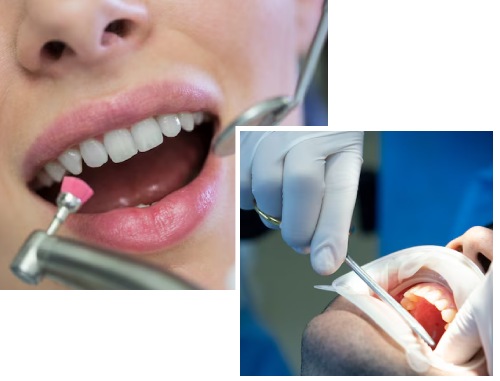
Common Conditions Treated By Our Dentists
Some of the common conditions that are treated by our dentists are as follows.
- Toothache
- Stained Teeth
- Chipped teeth or Broken Teeth
- Dental cavities
- Impacted teeth
- Tooth Sensitivity
- Teeth gaps
- Gum Problems
- Clenching or Grinding of teeth
- Wisdom teeth
Contact our dental clinic in Newtown if you need any treatment related to the same.
Types of Dental Treatments in the Newtown Clinic
The kinds of dental treatments available at our clinic include:
- Dental implants
- Dental RCT Treatment
- Teeth Alignment
- Tooth whitening
- Cosmetic dentistry
- Child Dentistry
- Advanced gum treatment
- Full mouth reconstruction
- Comprehensive Dental Consultations
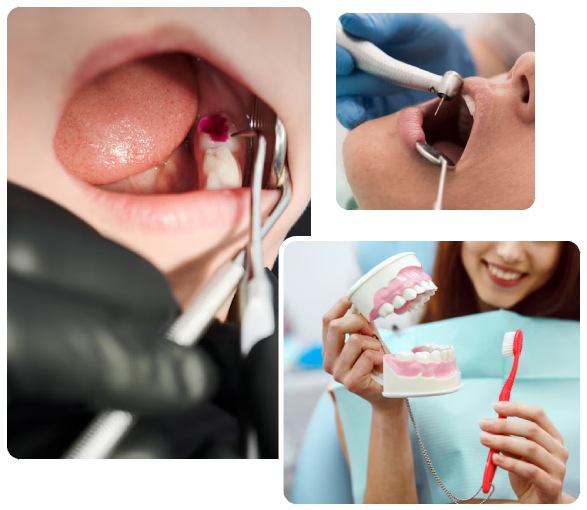
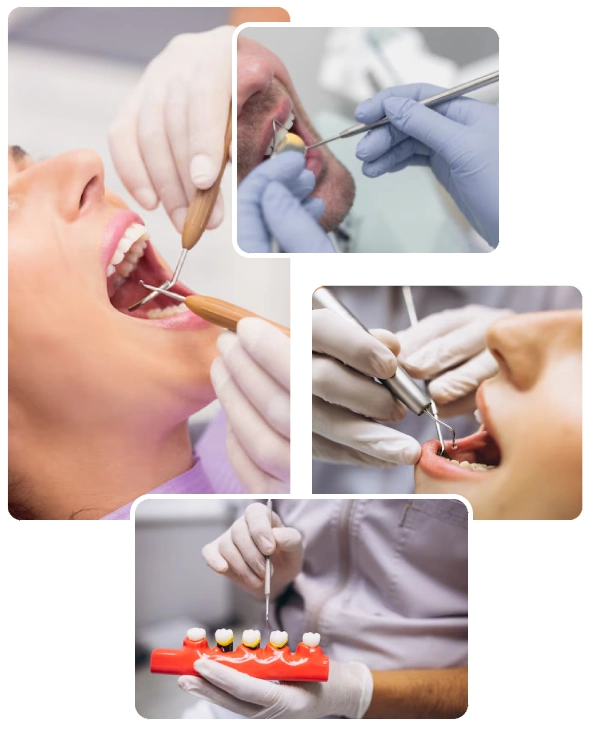
Symptoms of Dental Diseases
As per the dentists in Newtown, the common signs of dental problems are as follows.
Toothache
A toothache can signal a cavity, gum disease, or more serious issues like an abscess.
Sensitive Teeth
Pain when consuming hot or cold beverages may indicate tooth decay or worn enamel.
Sore or Bleeding Gums
Sore or bleeding gums may occur as a result of brushing too hard. In some cases, they may indicate a serious condition like gingivitis.
Mouth Sores
Persistent mouth sores can arise from infections or irritation and should be examined by a dentist.
Bad Breath
This may result from poor oral hygiene, diet, or gum disease.
Jaw Pain or Popping/Clicking in the Jaw
Jaw discomfort can occur from various causes, like grinding or TMJ disorders.
Dry Mouth
A dry mouth can signal a medical condition and increase decay risk.
Cracked or Broken Teeth
A cracked or broken tooth can be painful and may require prompt dental attention.
Stained or Discoloured Teeth
Teeth discolouration can result from food, smoking habits, or ageing.
Common Causes of Dental Problems
Some of the common causes of dental problems are as follows.
Not maintaining dental hygiene
Not brushing your teeth regularly between meals invites a sticky film of bacteria, known as plaque, to settle on your teeth. Left unchecked, dental plaque can do irreversible damage, wearing down the enamel and eventually leading to the loss of gum tissue, bone, and even teeth.
Eating sugary foods and snacks
Frequent snacking on sugary treats makes them more vulnerable to decay.
Smoking and tobacco use
Using tobacco, whether by smoking or chewing, greatly increases your risk of gum disease, including severe conditions like periodontitis. Smokers are twice as likely to develop gum disease compared to non-smokers. Tobacco weakens your immune system, making it harder for your body to fight off infections and heal from gum damage, turning minor dental problems into serious dental issues.
Medical Conditions
Certain cancer treatments, particularly those involving radiation to the head and neck, can alter your saliva, promoting the growth of bacteria and increasing the risk of cavities.
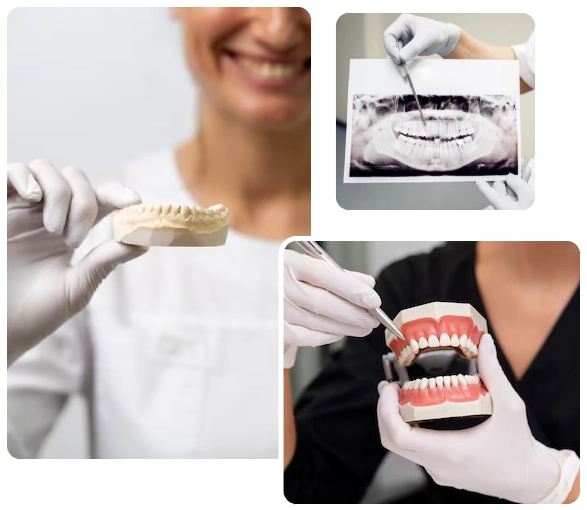
Frequently Asked Questions
How often should I visit the dentist for a check-up and cleaning?
It’s recommended to visit the dentist every six months for a routine check-up and dental care. However, people with certain dental conditions may need more frequent visits.
What is the best way to prevent cavities?
Brushing twice a day with fluoride toothpaste, flossing daily, limiting sugary snacks and drinks, and visiting the dentist regularly are the most effective ways to prevent cavities and maintain dental health.
How can I prevent gum disease?
Good oral hygiene is key to preventing gum disease. Brush and floss regularly, avoid smoking, and eat a balanced diet. Regular dental check-ups also help catch early signs of gum disease.
Why are my teeth sensitive to hot and cold?
Tooth sensitivity can be caused by worn enamel, exposed tooth roots, cavities, or gum disease. A dentist can help find out the cause and recommend treatments like desensitising toothpaste.
What should I do if I have a dental emergency?
For any dental emergency, contact the dentist as soon as possible and try to visit them within an hour for immediate treatment.
How can I whiten my teeth safely?
For the best and safest results, consult our dentist for professional whitening treatments or advice on effective methods.
